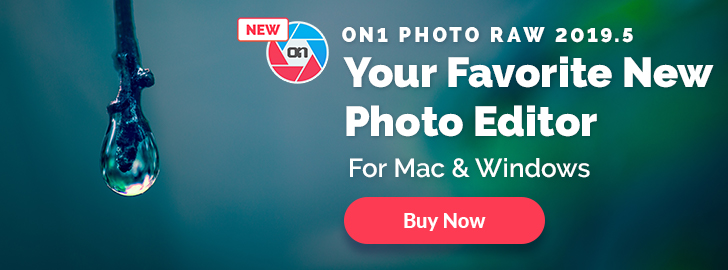 |
| 5D Markii, f2.8, 1/50sec, ISO 1250, 70mm, Manual WB, Cloudy |
• In
a low-light environment, when the flash is not an option (for distance or
lighting quality reasons), a digital photographer has the option of either using
a low-ISO (low sensitivity) setting with a long exposure time, or using a
high-ISO setting with a shorter exposure time.
• While
the former produces high-quality output, the long exposure time involved
imposes the use of a tripod (otherwise the image will be blurred).
• On
the other hand, a high sensitivity allows handy exposure times, but at the
expense of increased numerical noise - this approach is in fact automatically
chosen by most cameras.
• The
third option consists of using a camera
that have a noise reduction setting, try to stay under 800, except for camera
like the Canon 5D Markiii that can be
used at ISO2000 without noise, I used Canon 5D Markii and Canon 24-105 lens for all the images in that post, another option to reduce noise is to use a plug in for post processing in photoshop like Nik Dfine2.
• If
you have no option, get your ISO as high as possible and get the shot! You can
use the file later on to paint over it, never miss a great opportunity.
White balance
 |
| Tripod, f11, 52sec, ISO 100, 105mm, auto WB |
• With
auto white balance, the camera attempts to determine the color temperature of
the light and automatically adjust for that color temperature. Many people just
leave the camera set to auto white balance all the time. This is certainly the
easiest option. Auto white balance works reasonably well , you can also change
the setting like using cloudy for warmer colour. If you shoot raw you can
adjust the white balance in photoshop, another option if you need the exact
white balance is to use an Expodisc I don't use it a lot anymore, but if you
have a lot of different source of lights it's a great tool to have. I always shoot raw, a big questions is what is best raw
or JPEG “JPEG are compressed files and
are referred to as lossy files ”inability
to hold and maintain the original format means every time you open and
close a Jpeg file it degrades due to data being lost. If you use Jpegs shoot
JPEG FINE, and save the file in a Tiff format.
Raw is a file format that captures all image data recorded by the sensor when you take a photo because no information is compressed with raw you’re able to produce higher quality images, as well as correct problem images that would be unrecoverable if shot in the jpeg format. Most camera even point and shoot have raw option, you can always shoot raw plus jpeg.
 |
| f4, 1/40sec, ISO 6400, 105mm, Manual WB, Cloudy |


No comments:
Post a Comment